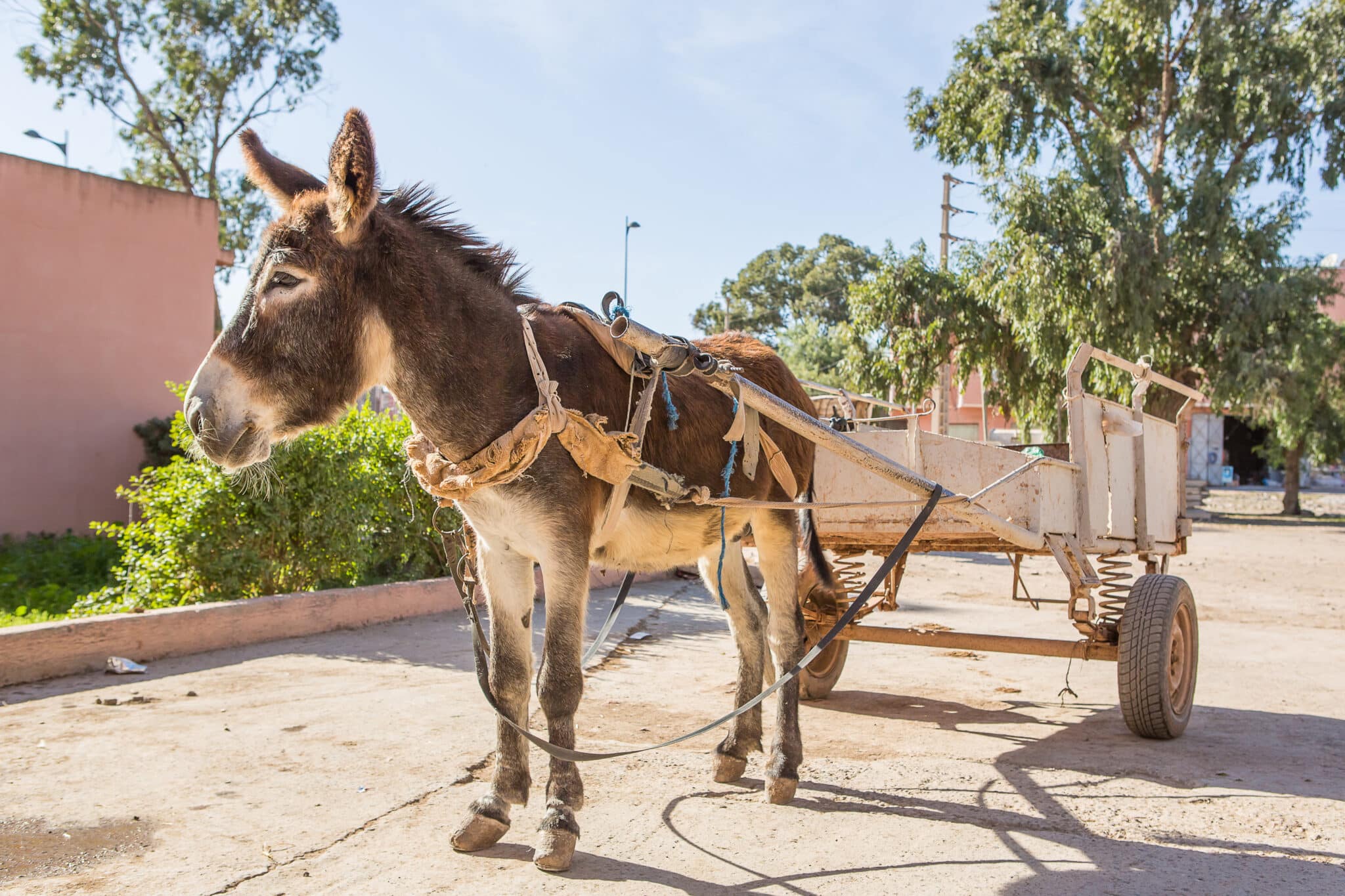
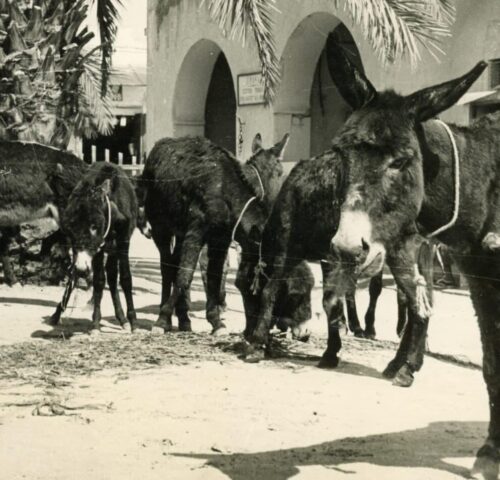
A history of SPANA: 100 years of working animal welfare
In 2023, SPANA is celebrating 100 years of supporting the welfare of working animals across the world. Since 1923, when the charity was established by our founders, Kate and Nina Hosali, SPANA has improved the lives of generations of working animals in need. Today, SPANA is a global charity, transforming the welfare of working animals across Africa, Asia, the Middle East and Latin America.
Take a look at our interactive timeline to find out more about SPANA’s incredible history and our achievements over the past 100 years.
1923
SPANA is established
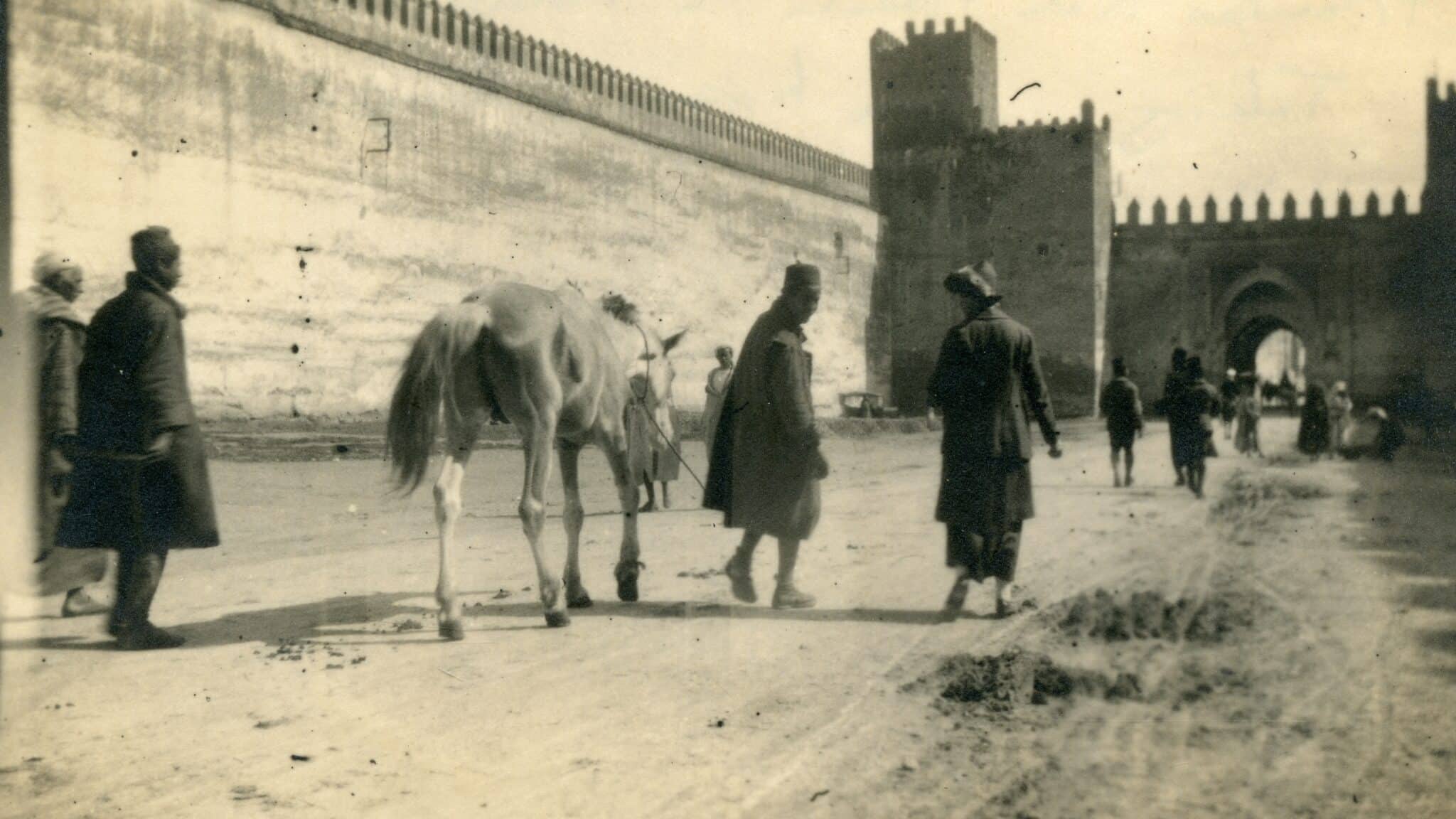
1924
SPANA co-founder Kate Hosali – ‘The Lady Doctor’
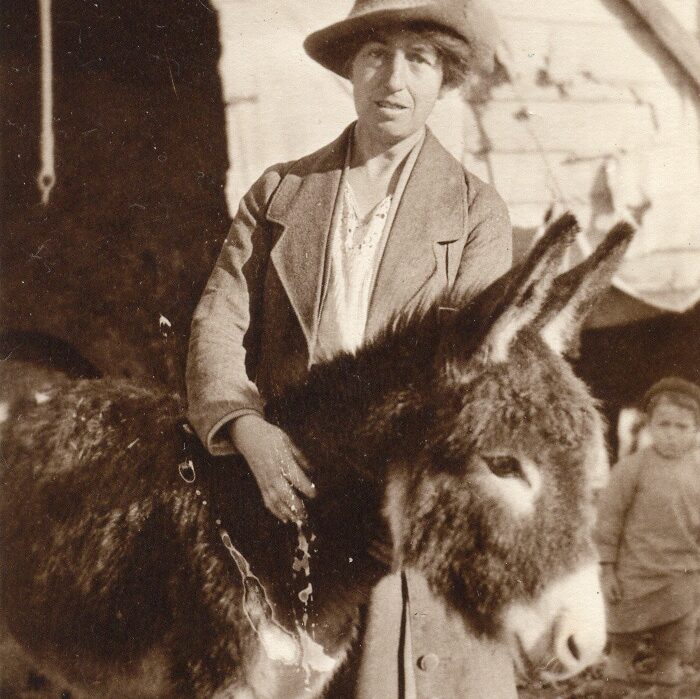
1927
SPANA’s first veterinary centre
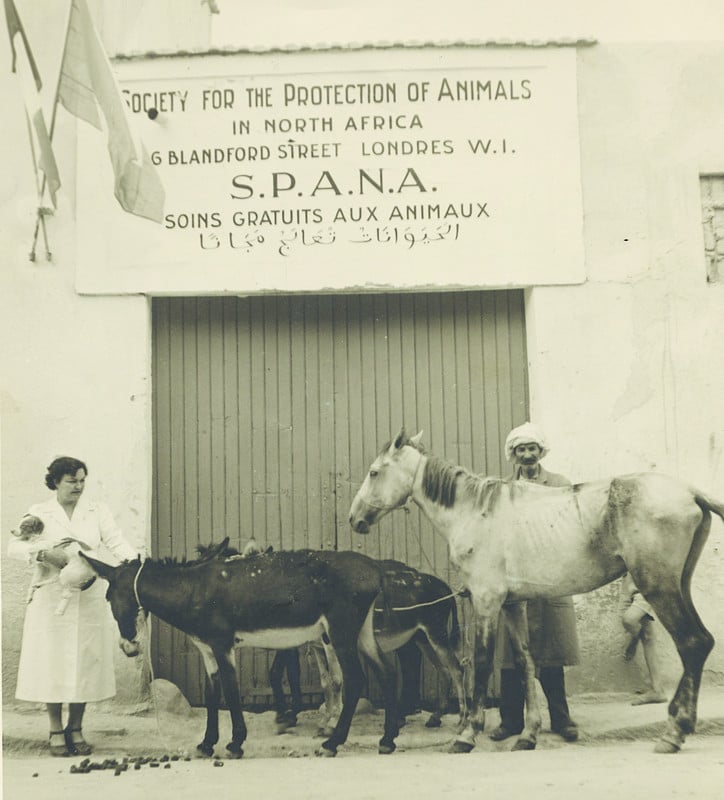
1930
SPANA’s first mobile clinic
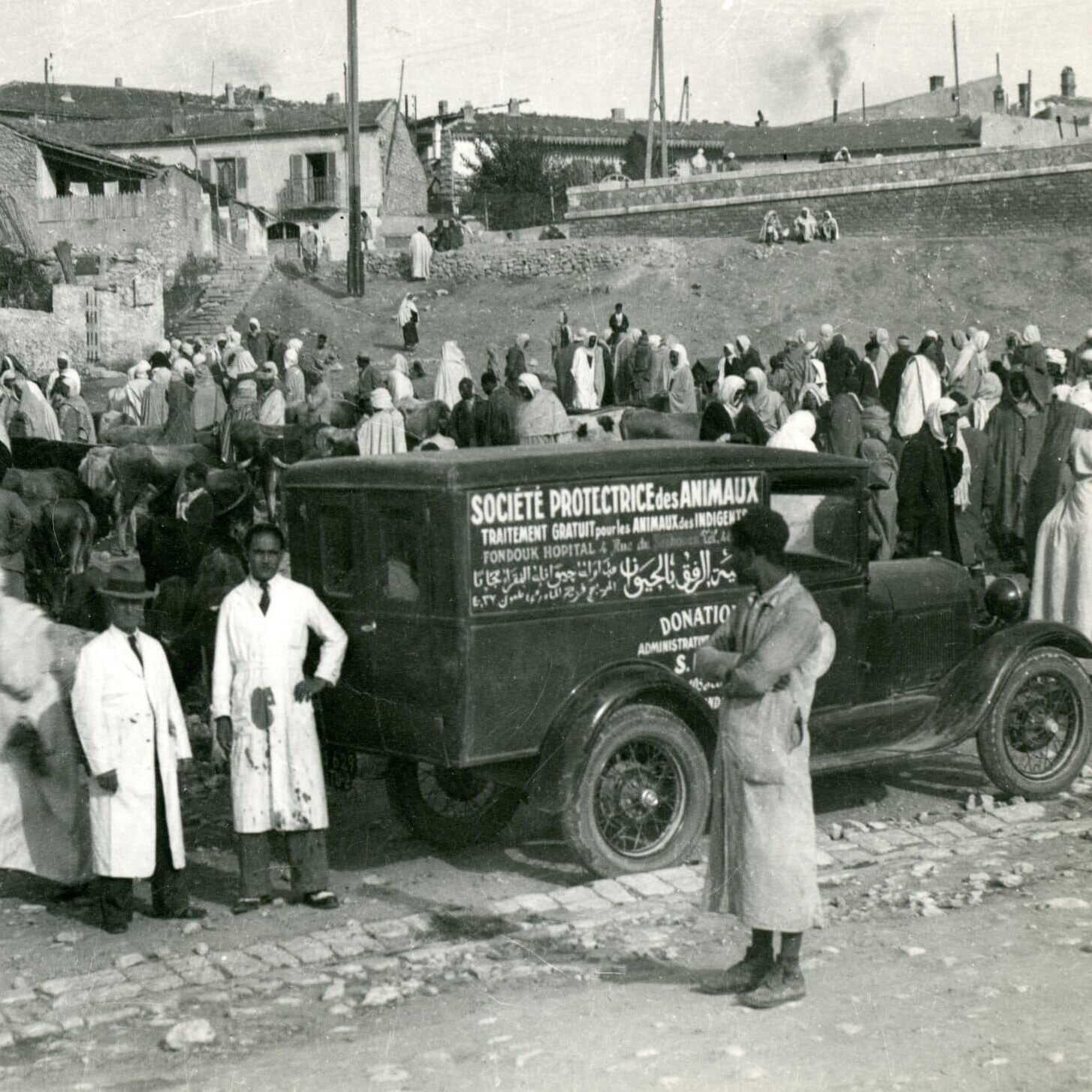
1939-1945
The Second World War
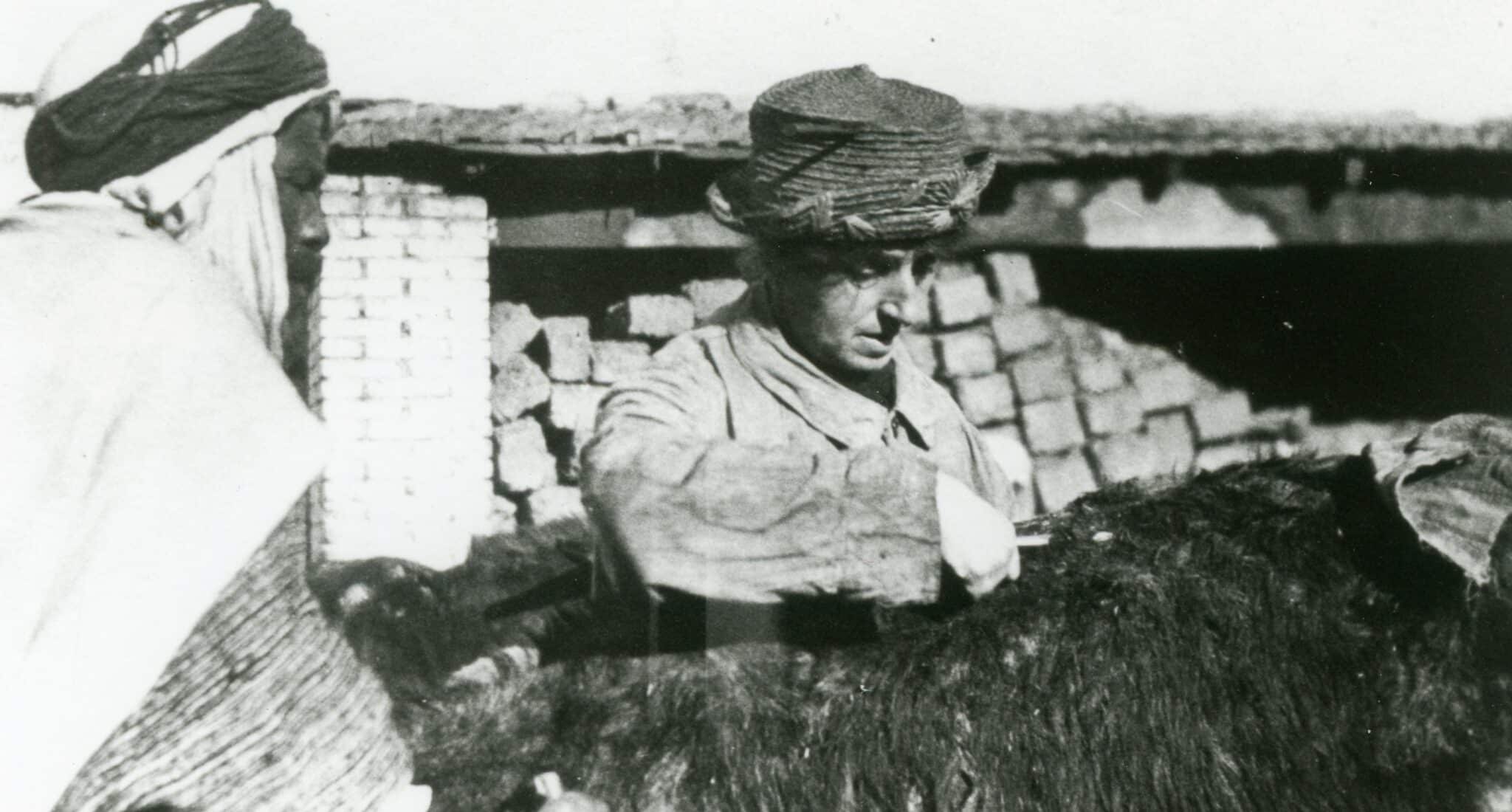
1966
SPANA launches humane bit campaign
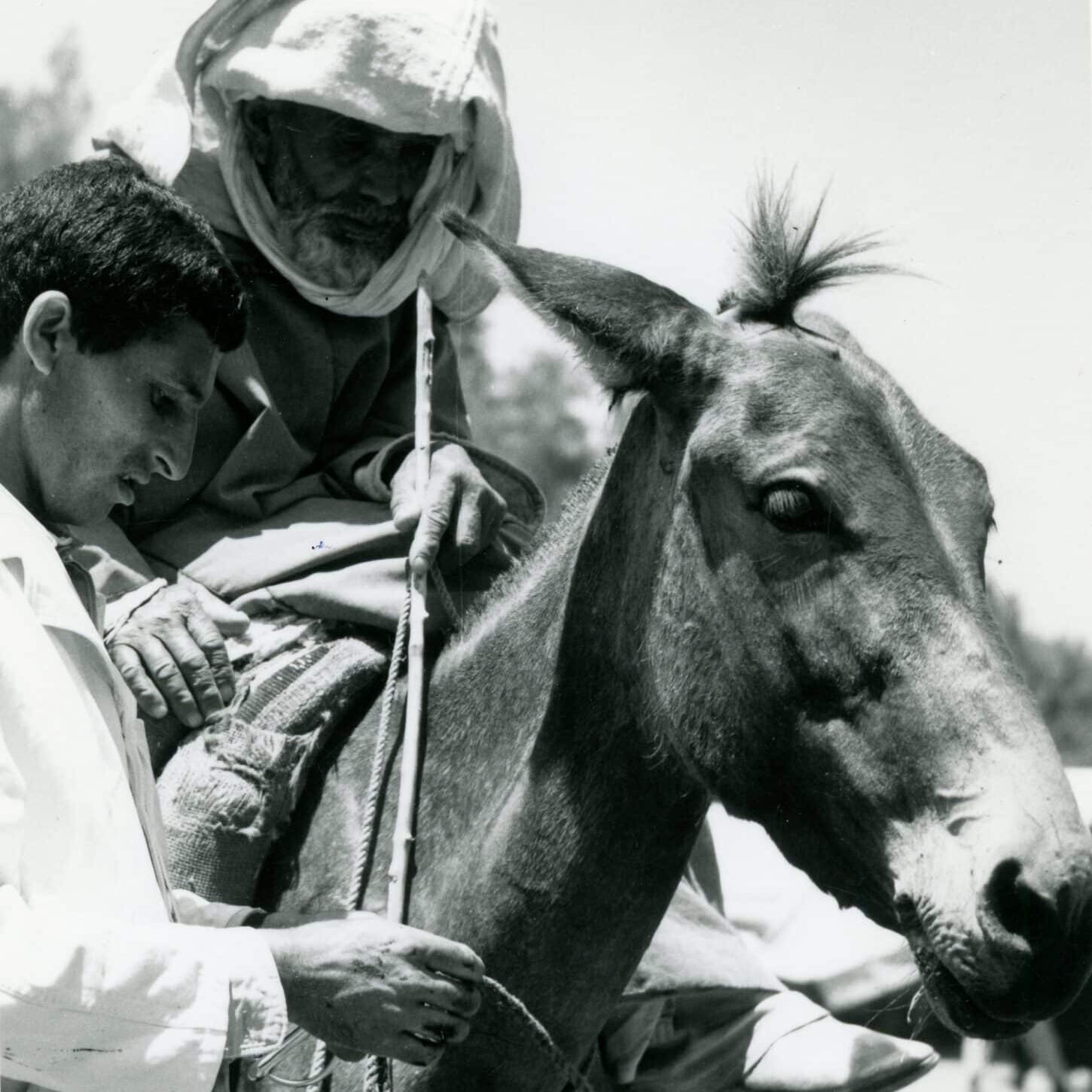
1976
SPANA co-founder Nina Hosali receives MBE
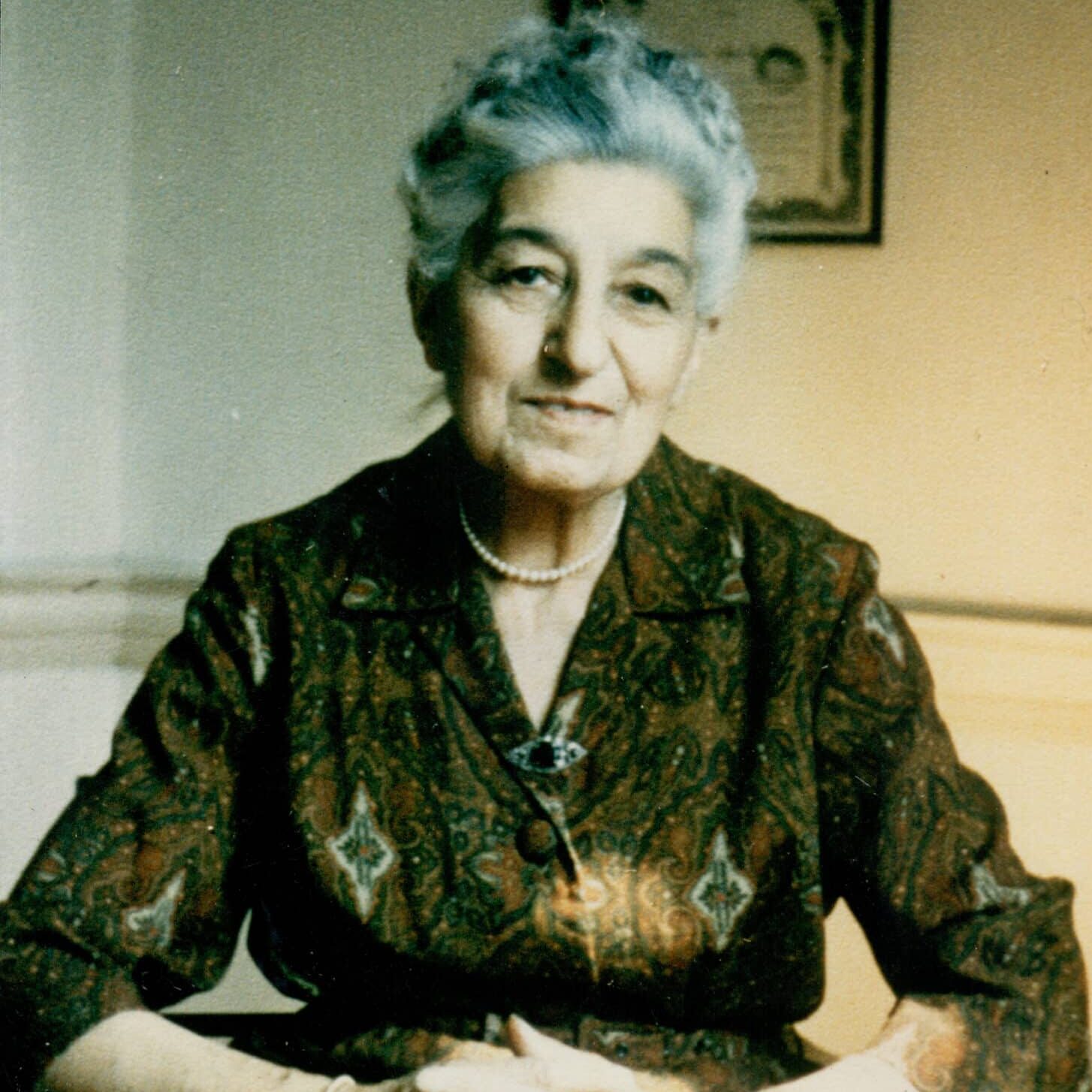
1991
SPANA’s name change
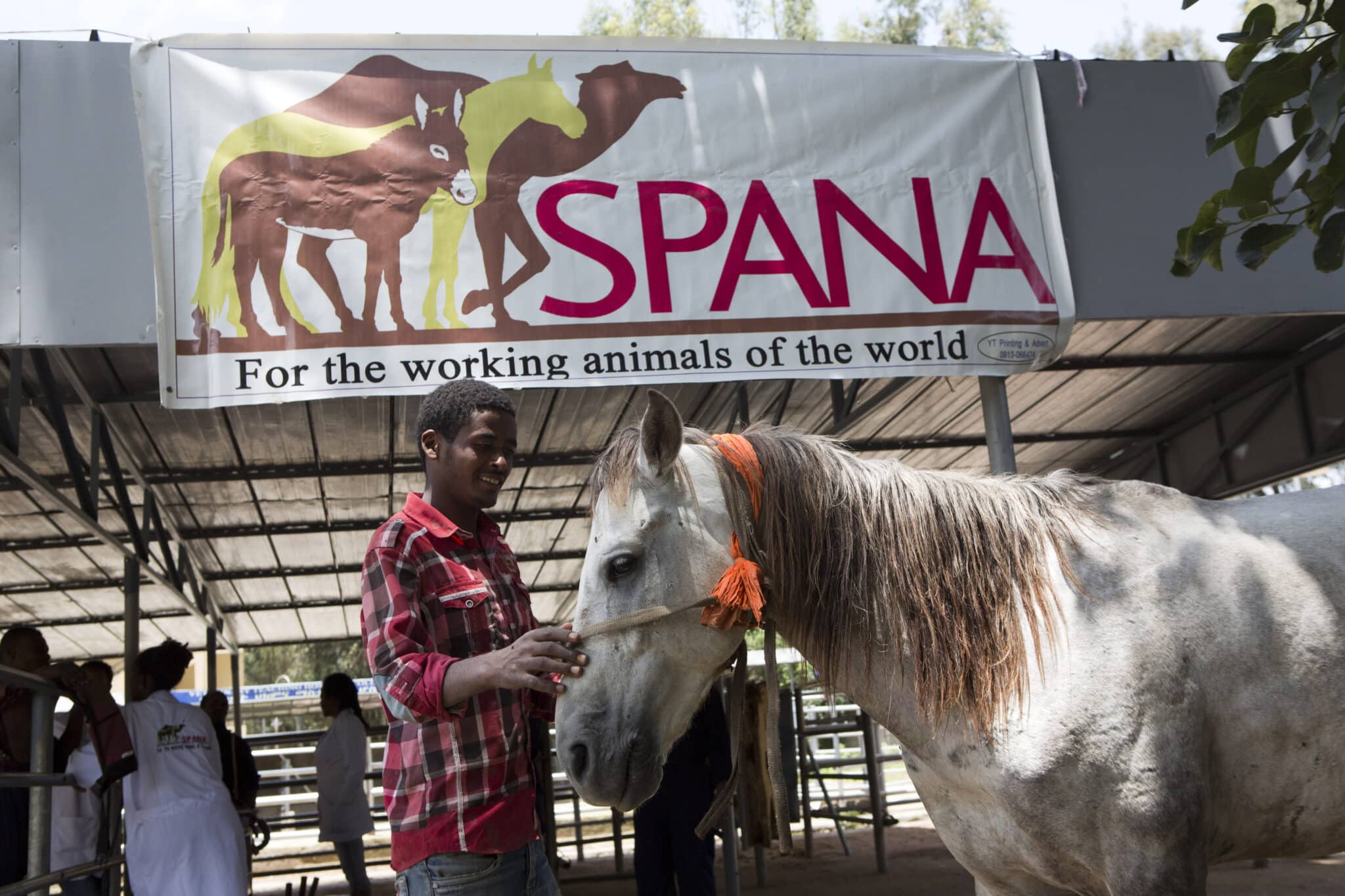
1996
SPANA expands into West Africa
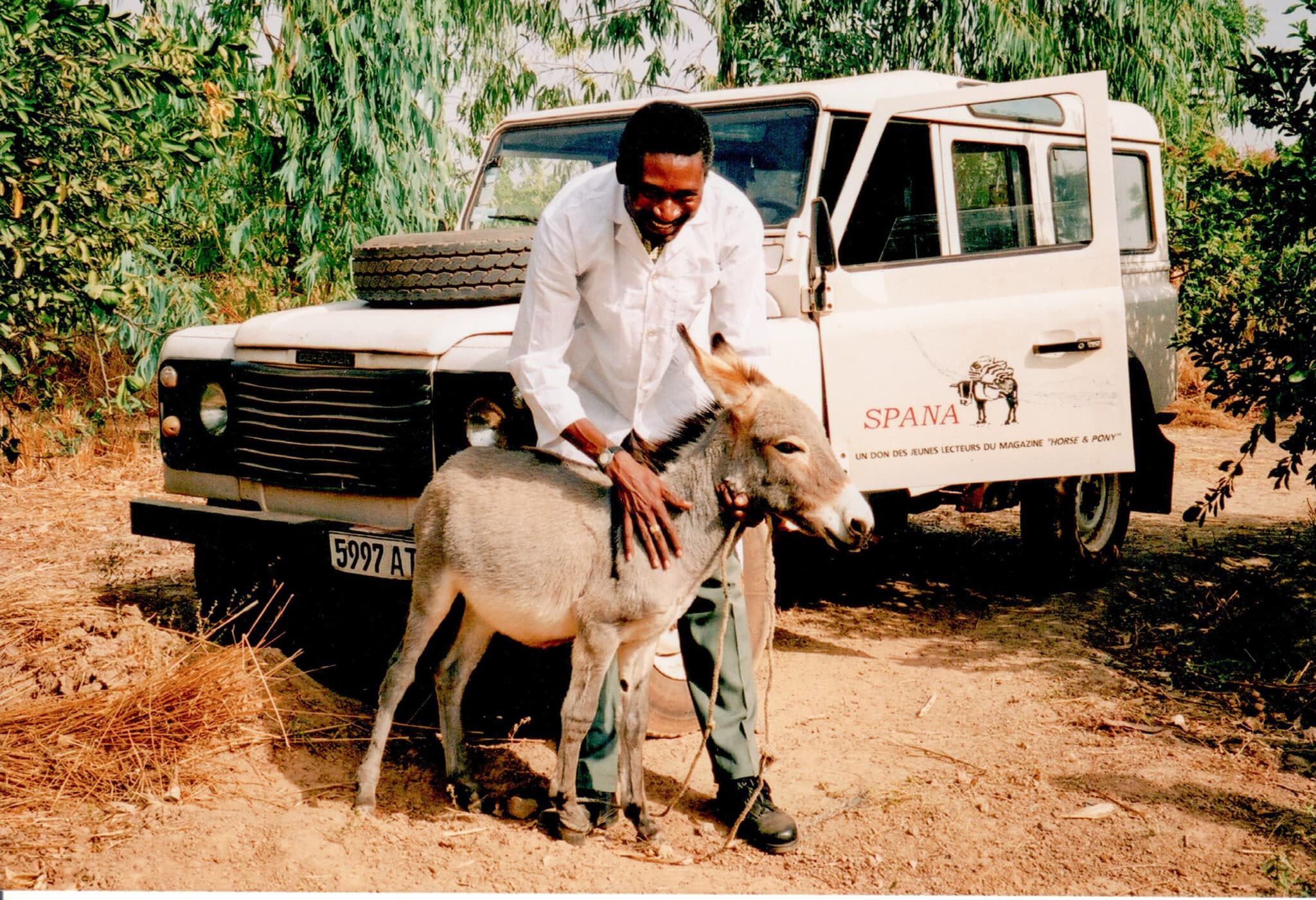
2001
New projects launch across Africa
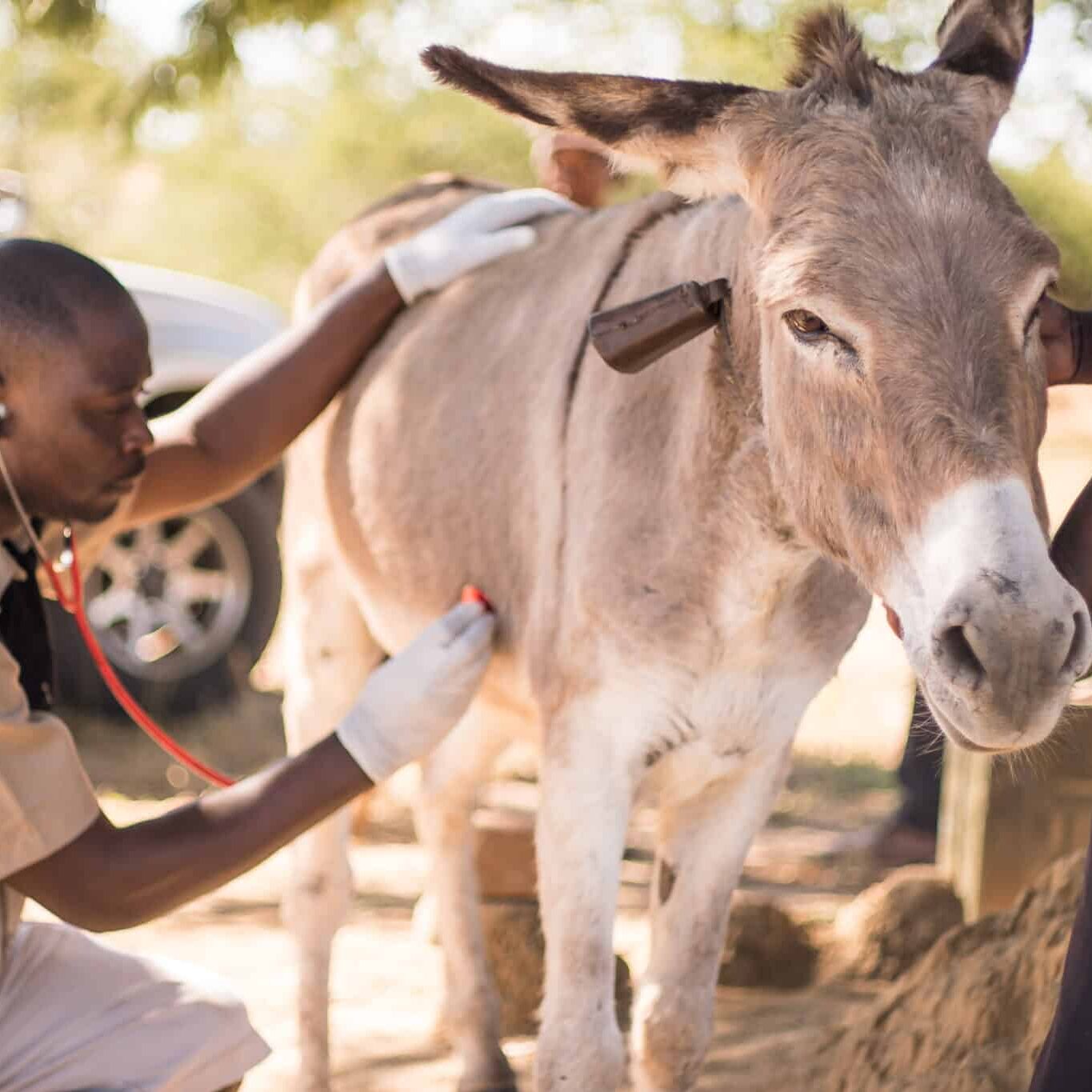
2015
Global expansion continues
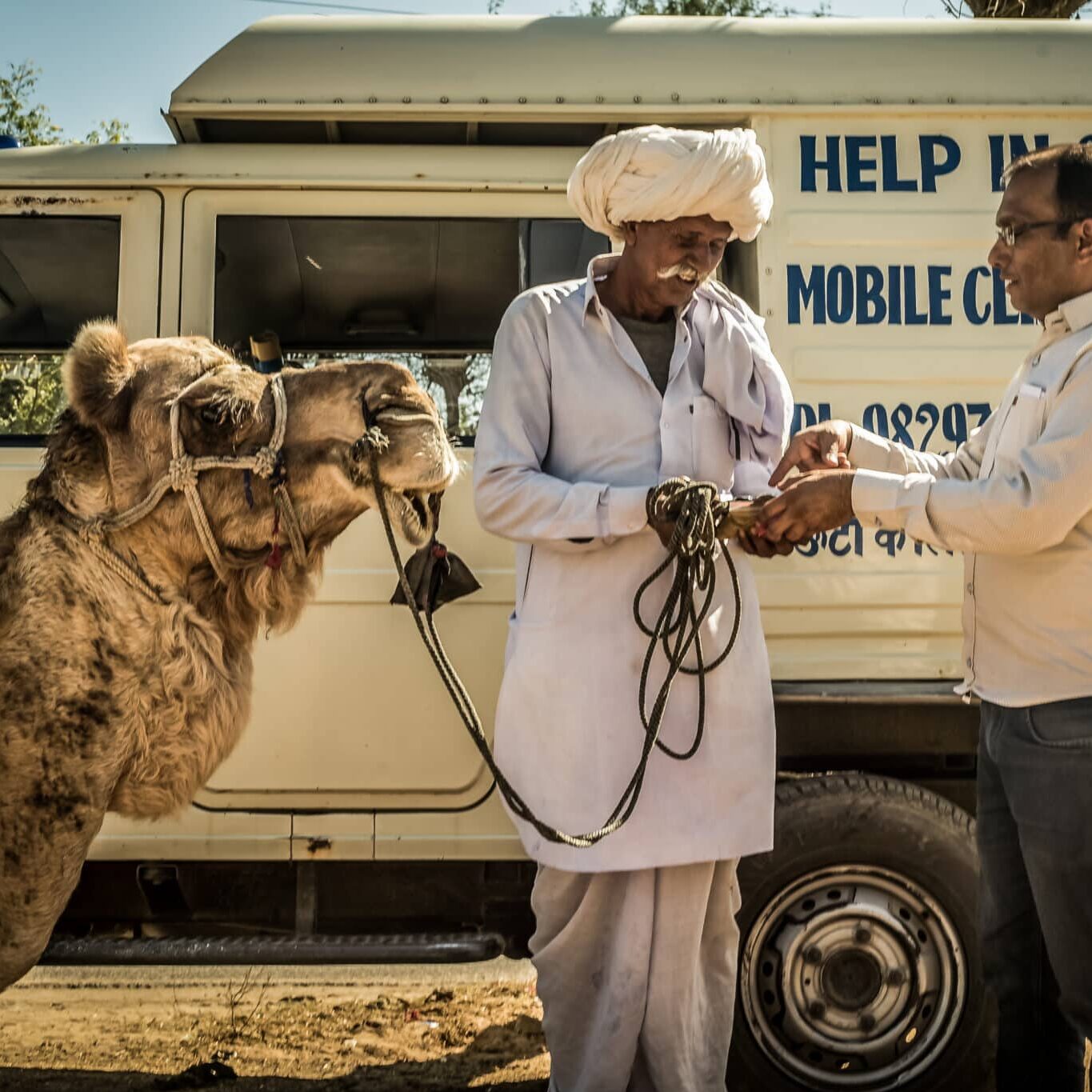
2020
SPANA’s Covid-19 pandemic emergency response
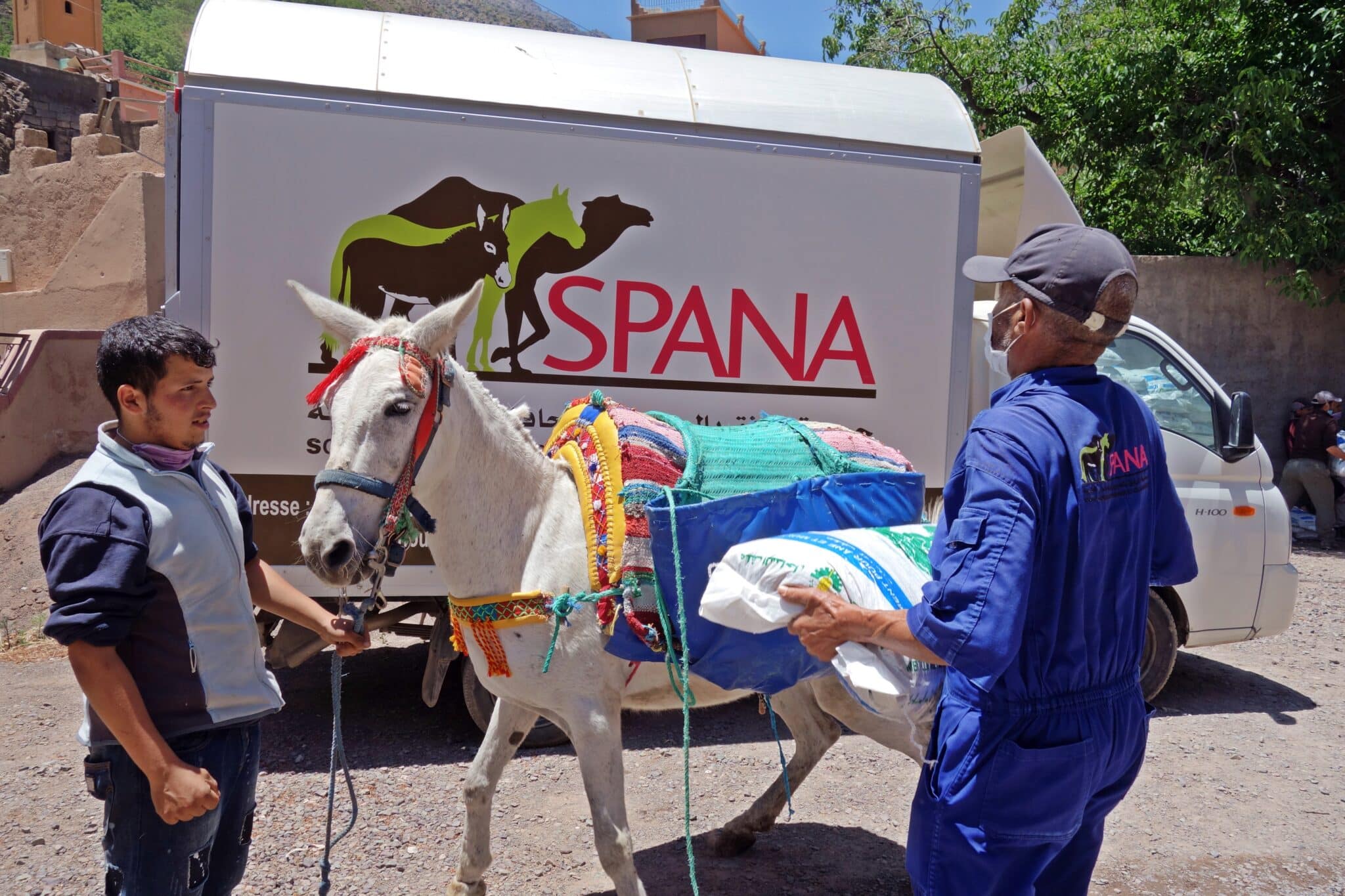
2022
‘SPANA Road’ officially opens in Mauritania
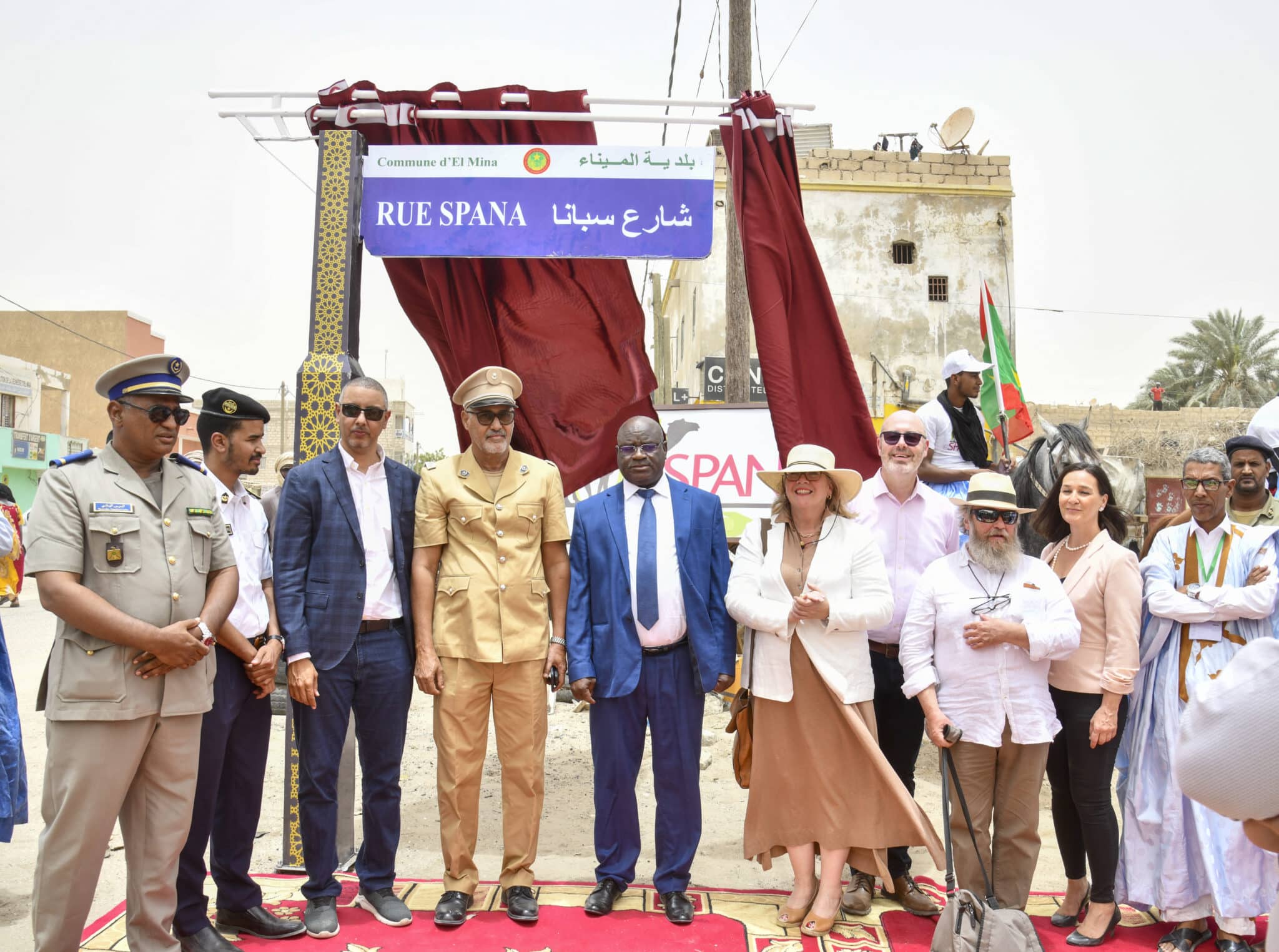
2023
SPANA celebrates our centenary
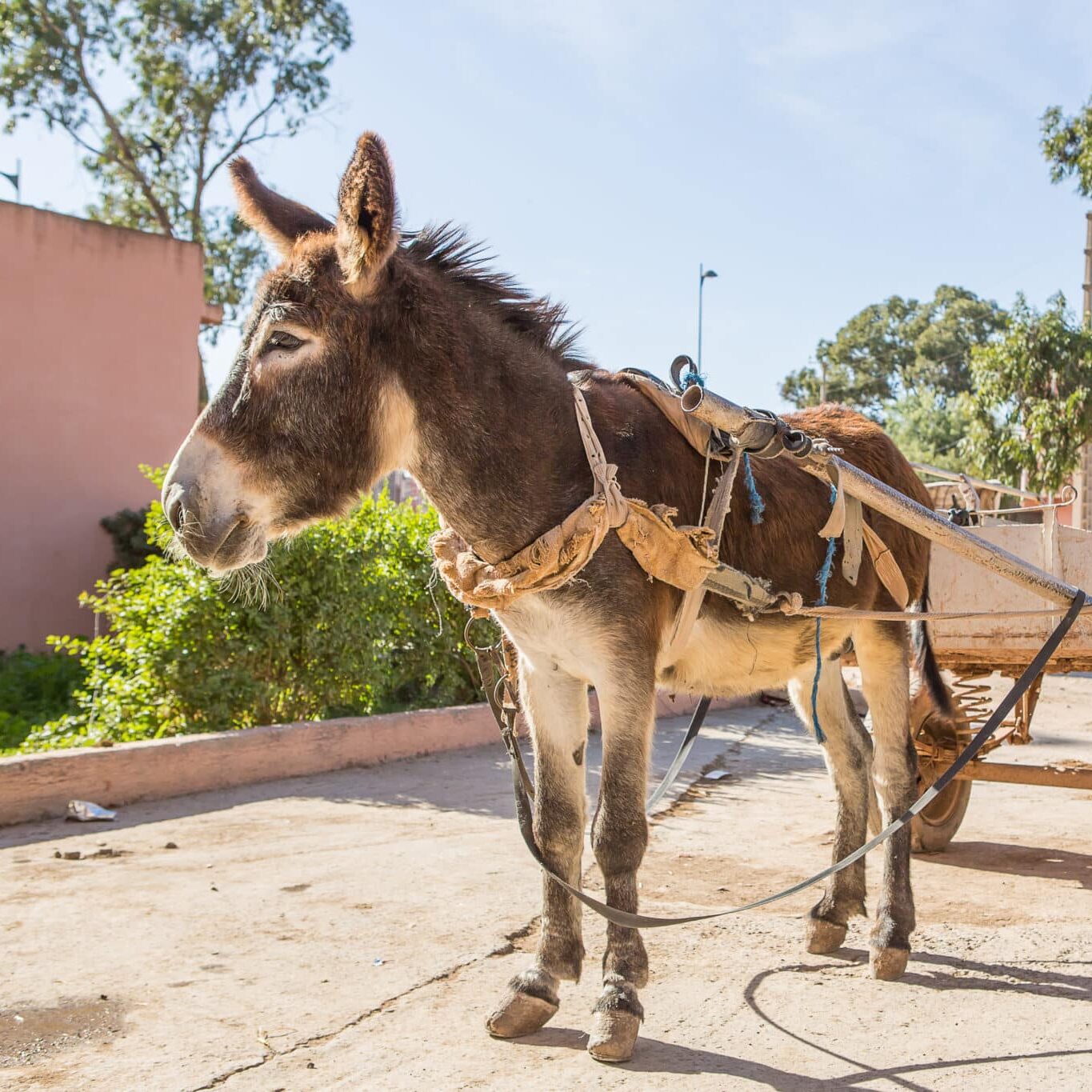
1923
SPANA is established
In the early 1920s, Kate Hosali and her daughter Nina travelled extensively across North Africa. They were struck by the suffering and neglect of many of the working animals they encountered. The lives of these working animals were hard and they had no access to professional veterinary care.
Following their return to England, Kate and Nina felt compelled to act and founded SPANA – originally standing for the Society for the Protection of Animals in North Africa – on 2 October 1923.
SPANA was the world’s first global charity dedicated to supporting working animal welfare across the world.

1924
SPANA co-founder Kate Hosali – ‘The Lady Doctor’
While Nina co-ordinated SPANA’s global activities from London, Kate returned to North Africa to develop SPANA’s animal welfare programme. It proved to be a life-changing trip, as Kate never returned to live in England again.
Visiting market towns across Algeria, Morocco and Tunisia, Kate worked in the fondouks (the local stable yards), where there could be up to 100 working donkeys and mules in need of treatment each day. News of her good work spread; people even started to call her The Toubiba – ‘The Lady Doctor’.

1927
SPANA’s first veterinary centre
SPANA’s first veterinary centre was formally opened in Tunisia’s capital city, Tunis, on 26 June 1927. Centres across Algeria, Morocco and Tunisia quickly followed. By 2023, SPANA would be operating a global network of 28 centres, providing lifesaving care to working animals in need.

1930
SPANA’s first mobile clinic
SPANA’s first motorised mobile clinic was established in Tunisia. A converted Ford van, it allowed SPANA vets to visit more places and care for more working animals in need. By 2023, SPANA would be operating 34 mobile clinics across the world.
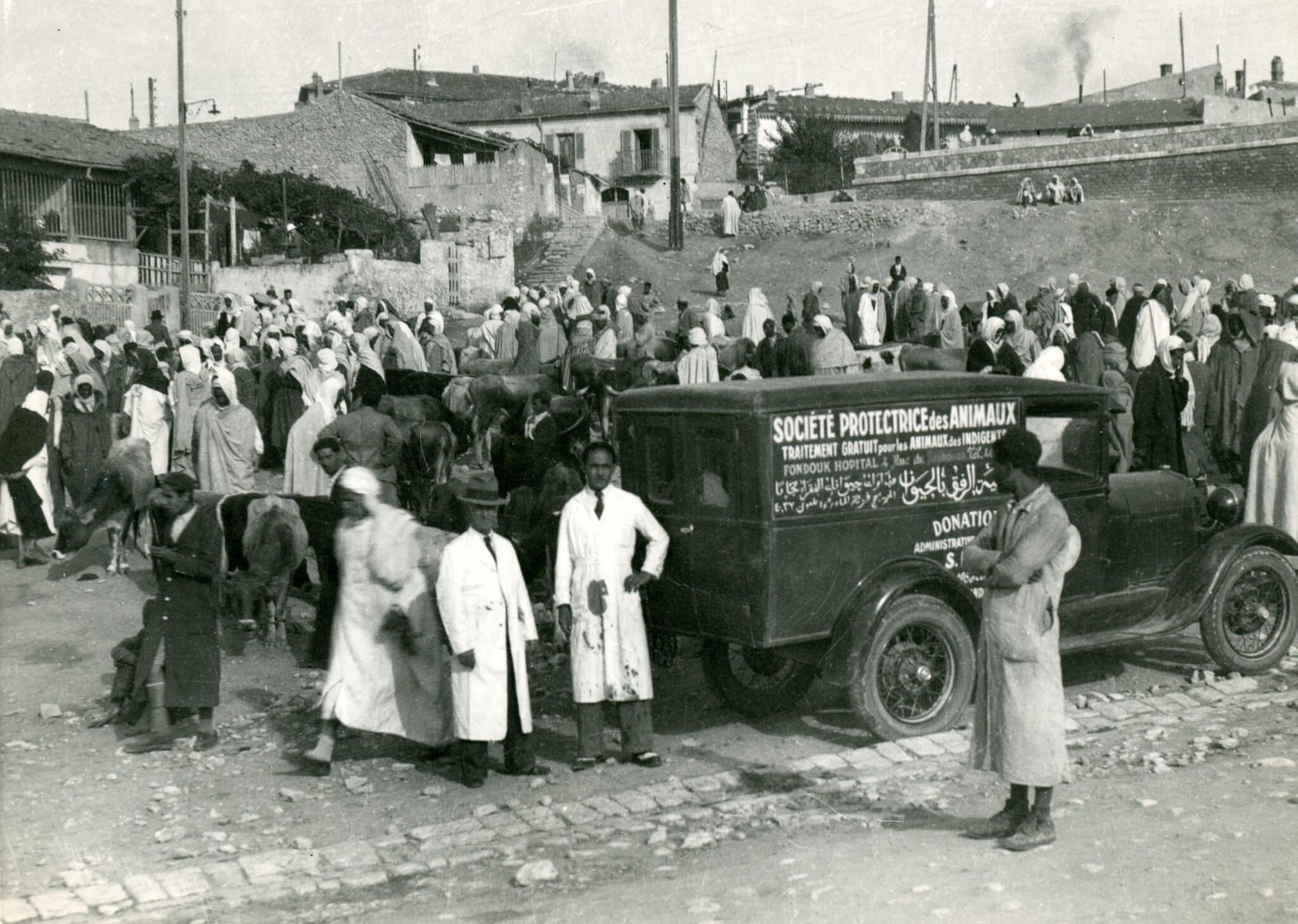
1939-1945
The Second World War
SPANA continued its vital work across North Africa despite the extreme challenges of the Second World War and restrictions caused by the invasion of Algeria, Morocco and Tunisia.
SPANA’s co-founder Kate Hosali sadly passed away on 25 April 1944, aged 67, following ill health. She never stopped caring for working animals and, even on the day before she died, she was treating animals in the fondouks.

1966
SPANA launches humane bit campaign
We launched our humane bit campaign in 1966, which enabled the owners of working animals to exchange old, worn, rusty and ill-fitting bits for comfortable new ones. At exchange, we also trained owners in the importance of safe, well-fitting equipment. Our work to ensure working animals are provided with suitable equipment continues today, along with essential training and advice for owners in local communities.
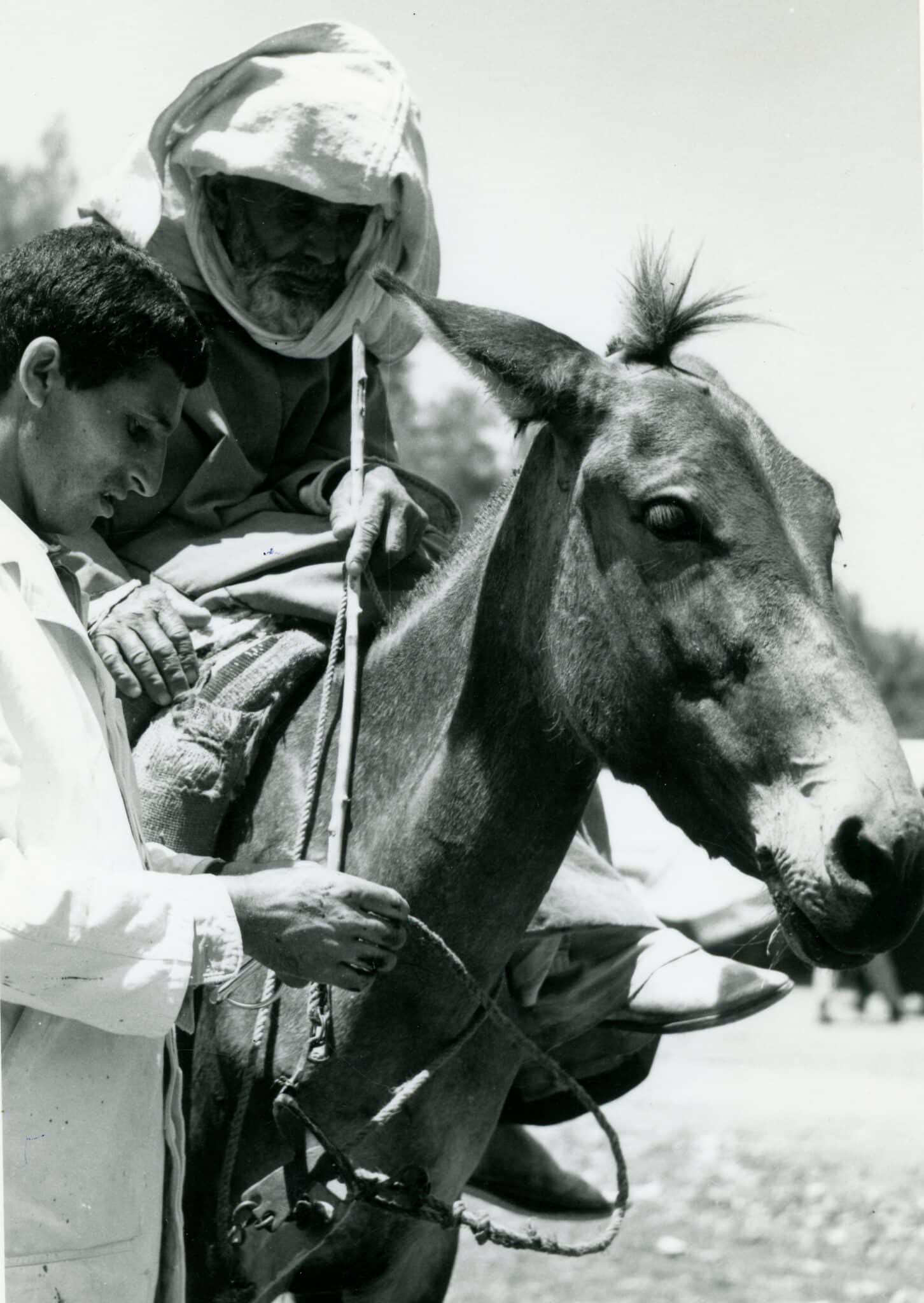
1976
SPANA co-founder Nina Hosali receives MBE
SPANA’s co-founder Nina Hosali was awarded an MBE for her services to animal welfare.
Nina was recognised in the Queen’s Birthday Honours List and the commendation for her award read: ‘Miss Hosali’s dedication, determination, self-sacrifice and endurance has assured the steady progress and expansion of the society’s work in North Africa’.
Nina dedicated her life to SPANA and the care of working animals. After many years of devoted service, she passed away on 14 January 1987, aged 89.

1991
SPANA’s name change
In 1991, SPANA’s name was updated to ‘The Society for the Protection of Animals Abroad’, to reflect the global nature of our work.
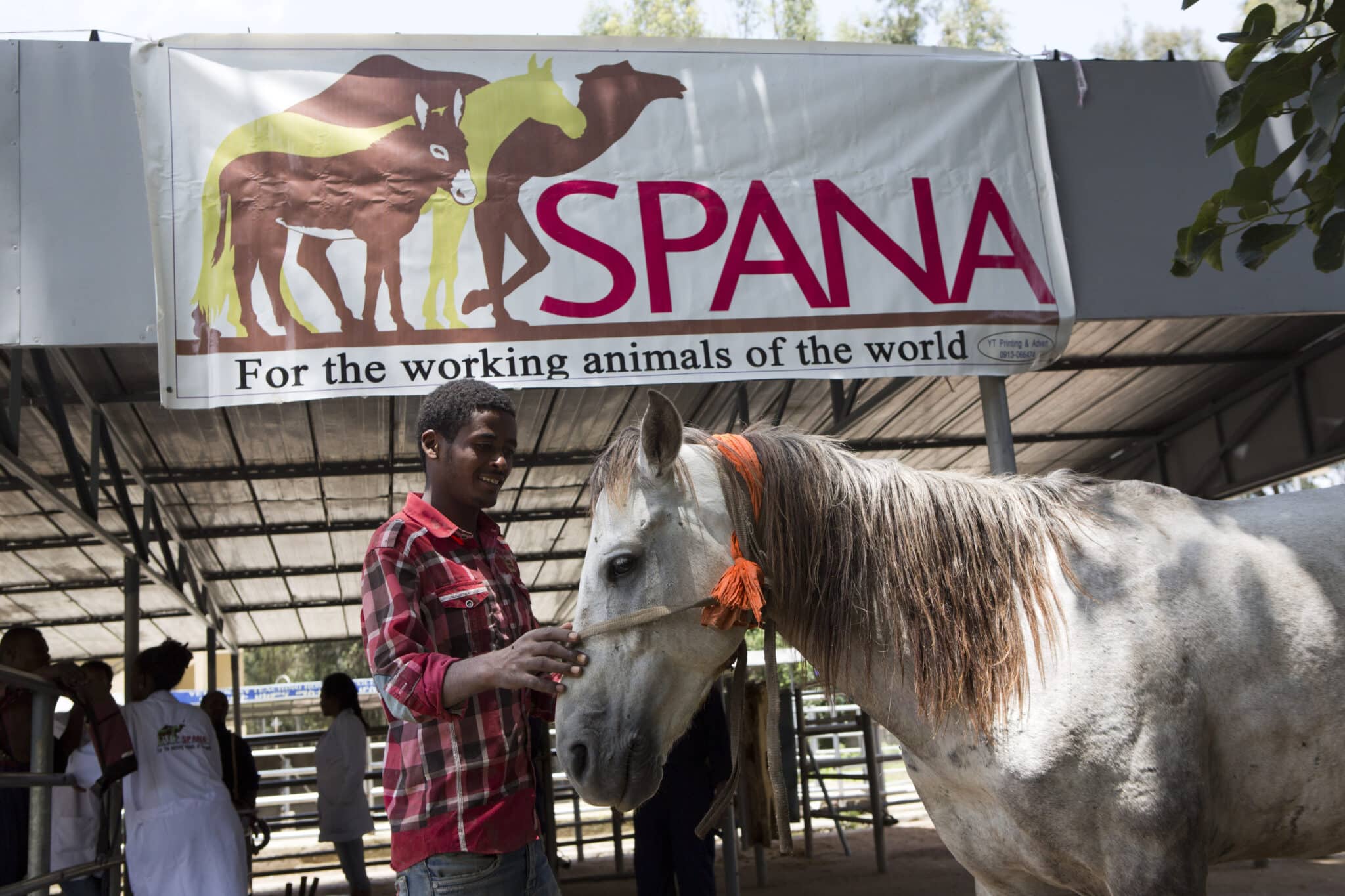
1996
SPANA expands into West Africa
Recognising the increasing need for our work, we expanded our activities into West Africa by establishing an animal welfare programme to help working animals in Mali.

2001
New projects launch across Africa
The global expansion of our work continued, with SPANA launching in Mauritania.
In 2003, we started working in Ethiopia – a country with more than two million working horses.
The following year, in 2004, we began working in Zimbabwe. Today, in addition to providing essential veterinary care to working animals in urban and rural areas across Zimbabwe, we also provide animal welfare education to children and teachers in Zimbabwe through a partnership with the Ministry of Primary and Secondary Education.
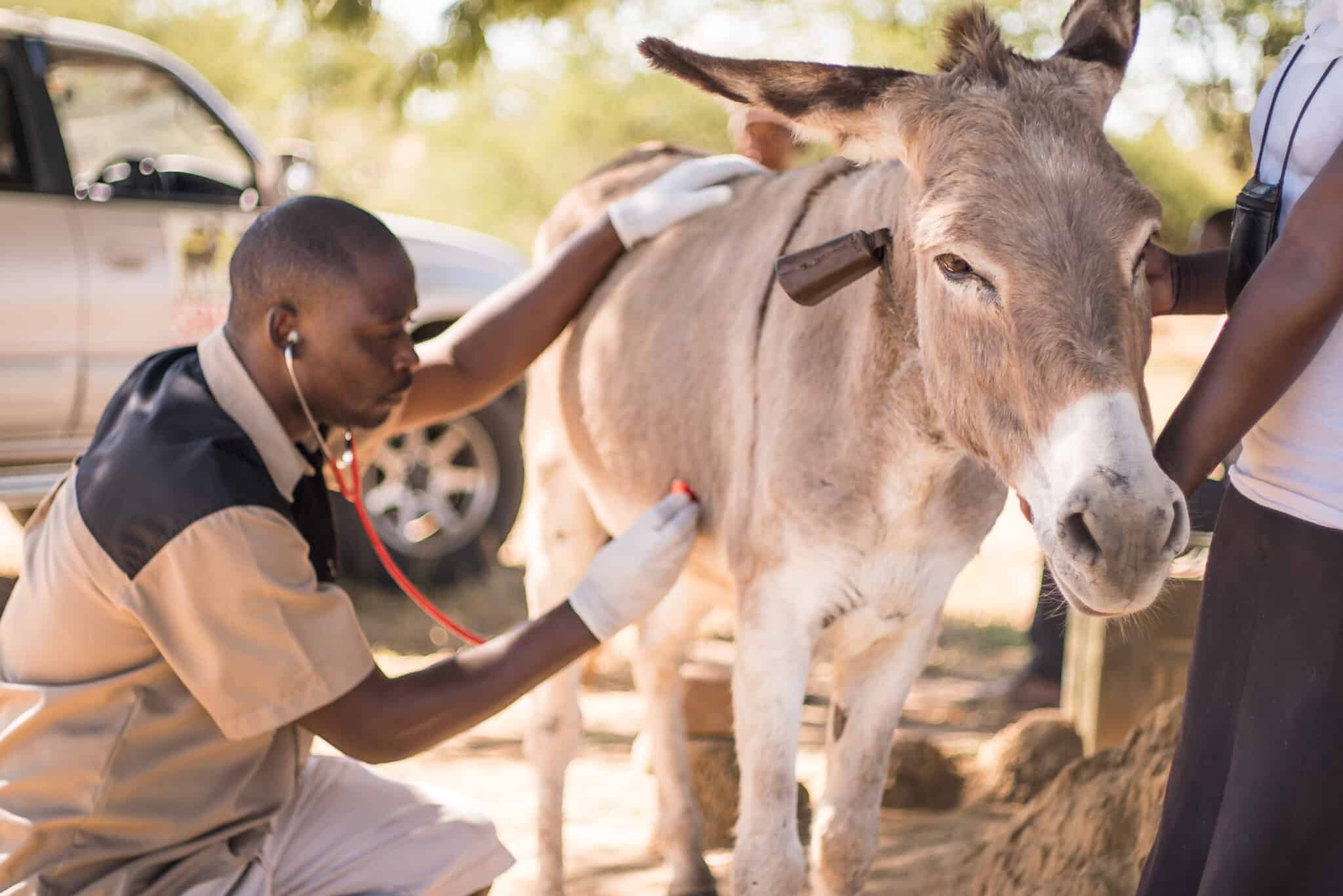
2015
Global expansion continues
The expansion of our activities continued with SPANA establishing a number of new global projects to improve the lives of working animals in need, including in India and Tanzania.
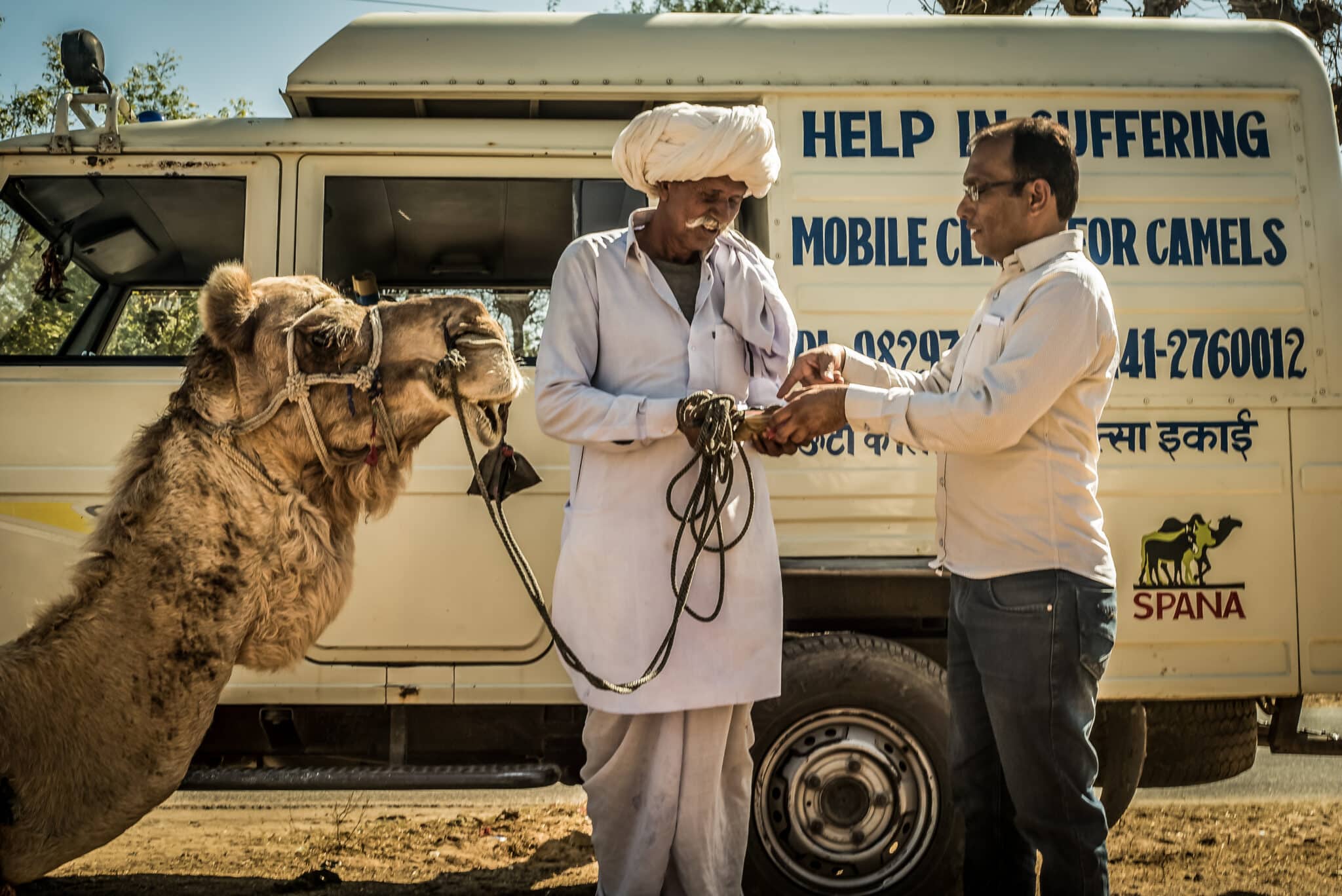
2020
SPANA’s Covid-19 pandemic emergency response
The global Covid-19 pandemic had a devastating ongoing impact on working animals and their owners in low-income communities across the world. Lockdowns and restrictions on movement left many people with no work or income, and owners struggled to feed or care for their animals.
In response to this crisis, SPANA delivered emergency support in some of the hardest hit locations, providing lifesaving feed, water, shelter and emergency veterinary care to animals in desperate need.

2022
‘SPANA Road’ officially opens in Mauritania
In Mauritania, the local impact of our work was officially recognised when a street near our centre in the capital, Nouakchott, was named ‘Rue SPANA’ – SPANA Road. We were also chosen by the Mauritanian government to be part of a new national education initiative, which would bring animal welfare lessons to schools in Mauritania.

2023
SPANA celebrates our centenary
In 2023, SPANA celebrated 100 years of vital support for working animals, and unveiled its ambitious plans for a long-term transformation in working animal welfare.
